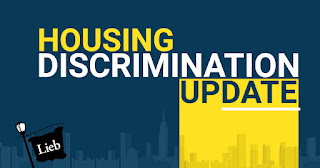In the sale, rental, or financing of dwellings and in other housing-related activities, HUD has clarified, by 24 CFR 100, its Rule to evaluate a case, which is effective on May 1, 2023.
The Rule sets forth how our government analyzes a Title VIII Fair Housing Act case and looks back to reinstate HUD's 2013 rule, titled "Implementation of the Fair Housing Act's Discriminatory Effects Standard." Under the rule, discrimination occurs through "facially neutral practices with an unjustified discriminatory effect." To understand whether there is an unjustified discriminatory effect, the Rule requires "a burden-shifting test," as follows:
- The plaintiff or charging party is first required to prove as part of the prima facie showing that a challenged practice caused or predictably will cause a discriminatory effect;
- if the plaintiff or charging party makes this prima facie showing, the defendant or respondent must then prove that the challenged practice is necessary to achieve one or more substantial, legitimate, nondiscriminatory interests of the defendant or respondent; and
- if the defendant or respondent meets its burden at step two, the plaintiff or charging party may still prevail by proving that the substantial, legitimate, nondiscriminatory interests supporting the challenged practice could be served by another practice that has a less discriminatory effect.
